
22 Food Startup Success Stories [2025]
Starting a food business can involve opening your own restaurant, bakery, food truck, cake shop, or even starting a business or blog online.
Other kinds of food businesses include manufacturers, wholesalers, and retailers. Food businesses prepare a wide range of foods such as snacks, sweets, and meals to sell directly to consumers and also include cafeterias at workplaces and similar facilities.
If you have a passion for food, starting a food business can be an extremely fun, challenging, and rewarding business venture.
In this list, you'll find real-world food startup success stories and very profitable examples of starting a food startup that makes money.
1. Huy Fong Foods ($150M/year)
David Tran’s journey to creating Huy Fong Foods stemmed from his personal experiences and love for spicy food, which began in his childhood helping his father farm chili in Vietnam. Upon arriving in the United States, Tran noticed that the hot sauces available were not up to his standards. Fueled by a desire to recreate the bold flavors he missed, he began making his own sauce in a small bucket and selling it from his van.
Tran's initial product was well-received within his community, inspiring him to continue refining it. He kept the recipe simple but authentic, using fresh jalapeños, garlic, vinegar, salt, and sugar. By observing the enthusiastic response from his growing customer base and focusing on maintaining high-quality ingredients, Tran validated his idea and gradually increased production.
One of the early challenges Tran faced was scaling up production without compromising on quality. He rented a modest space in Los Angeles to produce the sauce on a larger scale and ensured consistency by sticking to his straightforward recipe. Throughout the process, he learned the importance of staying true to one's passion and focusing on product quality, even when expanding.
How much money it makes: $150M/year
How much did it cost to start: $20K
How many people on the team: 350


Learn how David Tran, a Vietnamese refugee, transformed $20,000 in gold savings into a billion-dollar hot sauce empire, selling over 20 million bottles annually by focusing on product quality, grassroots marketing, and maintaining affordability—all accomplished without any traditional advertising spend.




2. Love Good Fats ($36M/year)
Suzie Yorke, a CPG marketing executive and fitness enthusiast, came up with the idea for Love Good Fats after shifting to a high-fat, low-carb, low-sugar diet and struggling to find convenient snacks that fit her new lifestyle. Recognizing a gap in the market, she developed a line of delicious, healthy, and keto-friendly bars. Since its launch, Love Good Fats has achieved rapid growth, generating over $120 million in cumulative sales and expanding to over 10,000 stores in North America.
How much money it makes: $36M/year
How much did it cost to start: $400
How many people on the team: 20


Love Good Fats, a Canadian-based family of food products, has already exceeded $120 million in cumulative sales and is one of the fastest-growing bar brands in North America, thanks to founder Suzie Yorke's mission to bring back good fats and say goodbye to sugar.




3. Frag Out Flavor ($1.5M/year)
Patrick Flynn, founder and CEO of Frag Out Flavor, came up with the idea for his spice blends and BBQ rubs after returning home from a deployment to Afghanistan. His passion for great food and BBQ, combined with his desire to reconnect with the veteran community, led him to create a lineup of high-quality blends that have been loved by family and friends. With a strong focus on customer loyalty and giving back to the veteran community, Frag Out Flavor has grown to generate around $125K/month in revenue.
How much money it makes: $1.5M/year
How many people on the team: 1
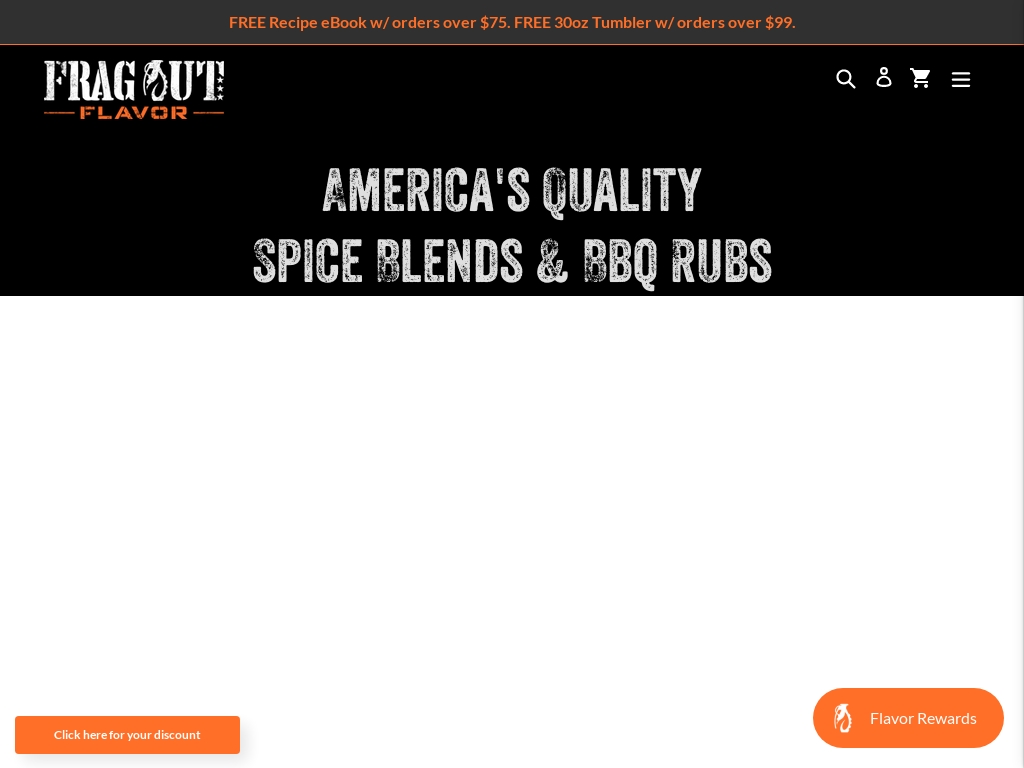

Frag Out Flavor, a veteran-owned spice blend and BBQ rub company, generates around $125k/month and is backed by a loyal customer base while also giving back to the veteran community through various initiatives.




4. Urban Smokehouse ($1.5M/year)
Andrew Buehler, founder of Urban Smokehouse, came up with the idea for his business after noticing the growing market trend and opportunity for online delivery of perishable items during the COVID-19 lockdown. As a foodie with a background in financial services, Buehler saw the rising demand for BBQ, a food that tastes great but is often inconvenient to make, and decided to create a digitally native BBQ brand that offers pre-cooked and sauced ribs that can be easily prepared at home in under 20 minutes. He launched Urban Smokehouse as a Kickstarter project and quickly surpassed his goal, raising over $30,000 in pre-orders.
How much money it makes: $1.5M/year
How much did it cost to start: $15K
How many people on the team: 5

Andrew Buehler launched Urban Smokehouse, the world’s first digitally native BBQ brand, through a Summer Kickstarter campaign, raising over $30,000 in pre-orders; since then, the company has achieved monthly sales of over $5,000 split between their website and in-person pop-ups and events, relying heavily on word of mouth and organic social media.




5. Ka-Pop! Snacks ($1.2M/year)
Dustin Finkel, the creator and CEO of Ka-Pop! and Awakened Foods, came up with the idea for his snack business after realizing the lack of genuinely authentic and delicious snacks in the market. As a certified personal trainer and nutritionist, Finkel wanted to create snacks that were both healthy and tasty, leading him to develop the Ka-Pop! line using 100% Ancient Grains and natural seasonings. Since its launch, the business has experienced impressive growth, with over 300% annual growth and projected annual sales of nearly $10 million by the end of 2021.
How much money it makes: $1.2M/year
How many people on the team: 50
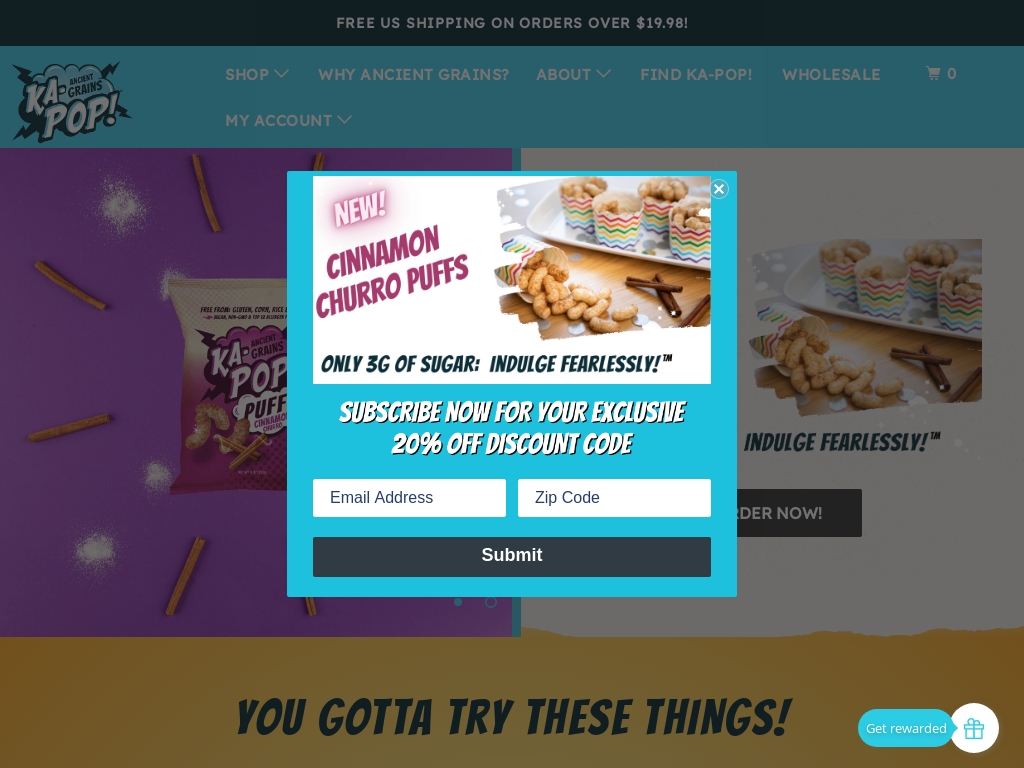

Ka-Pop! is an Ancient Grain snack company that has grown over 300% per year, reaching nearly $10 million in annual sales by 2021, through innovation, passion, demos, social media, TV appearances, and driving relationships with retailer partners.




6. ChipMonk Baking ($1.08M/year)
The founders of ChipMonk, David Downing and Jose Hernandez, came up with the idea for their low carb, gluten-free dessert business after Jose, who was diagnosed with type 2 diabetes, baked his own low carb chocolate chip cookies. Realizing the opportunity to fill a market gap, they started selling their cookies at local farmer's markets before scaling up production and launching their website. They have since raised $350,000 and are focused on building their own bakery and warehouse space to support future growth.
How much money it makes: $1.08M/year
How much did it cost to start: $5K
How many people on the team: 10
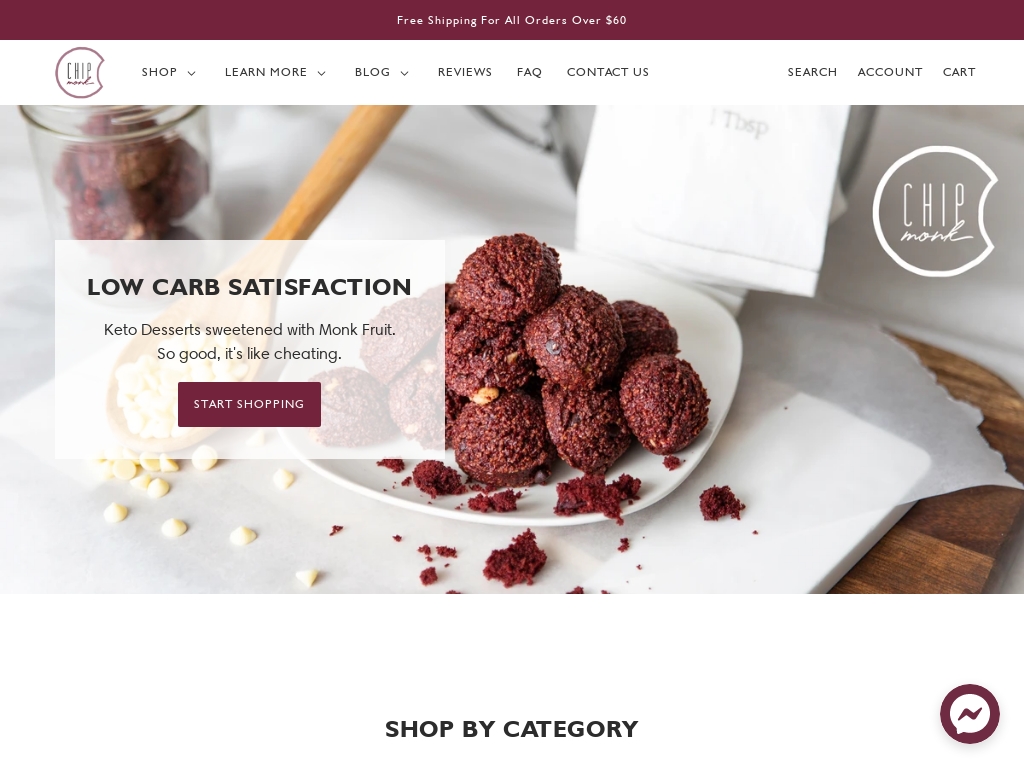

ChipMonk co-founders built a mail-order bakery selling low carb, gluten-free desserts, making around $25,000 a month with growth through e-commerce, and plans to tighten budgets and conserve cash in challenging times.




7. Small Axe Peppers Hot Sauce ($1.02M/year)
Small Axe Peppers was founded by John Crotty, who saw the potential in an empty lot in the Bronx and decided to turn it into a community garden. Realizing that peppers were the ideal crop for the small space, he came up with the idea to make hot sauce as a way to support the garden and create a commercially scalable product. With the help of Executive Chef King Phojanakong, they developed the Small Axe Peppers line of sauces. Since then, the company has grown exponentially, partnering with over 200 community gardens and distributing their sauces nationwide.
How much money it makes: $1.02M/year
How much did it cost to start: $50K
How many people on the team: 3
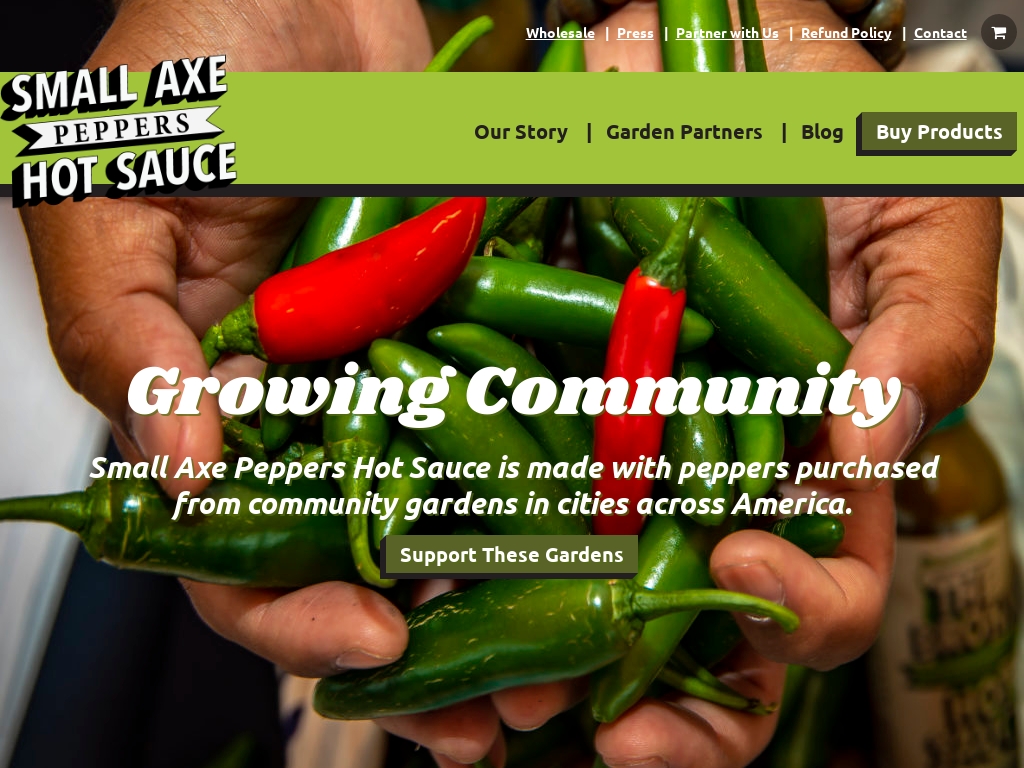

Small Axe Peppers is a thriving hot sauce manufacturing business that partners with over 200 community gardens in the United States, growing locally sourced produce and producing an impressive 70,000 bottles of hot sauce per year; the success is the result of a genuine mission, a great story, an online business, and active social media channels.




8. Jaju Pierogi ($960K/year)
Jaju Pierogi, founded by sisters Casey and Vanessa White, started as a side project selling pierogi at farmers' markets and pop-up events. With a background in the corporate world and a love for their Polish heritage, they saw a gap in the market for high-quality, handmade pierogi. Fast forward to August 2022, Jaju Pierogi is now in multiple grocery chains and over 650 specialty independent stores, with a monthly revenue of $80,000-$100,000.
How much money it makes: $960K/year
How much did it cost to start: $3.5K
How many people on the team: 5
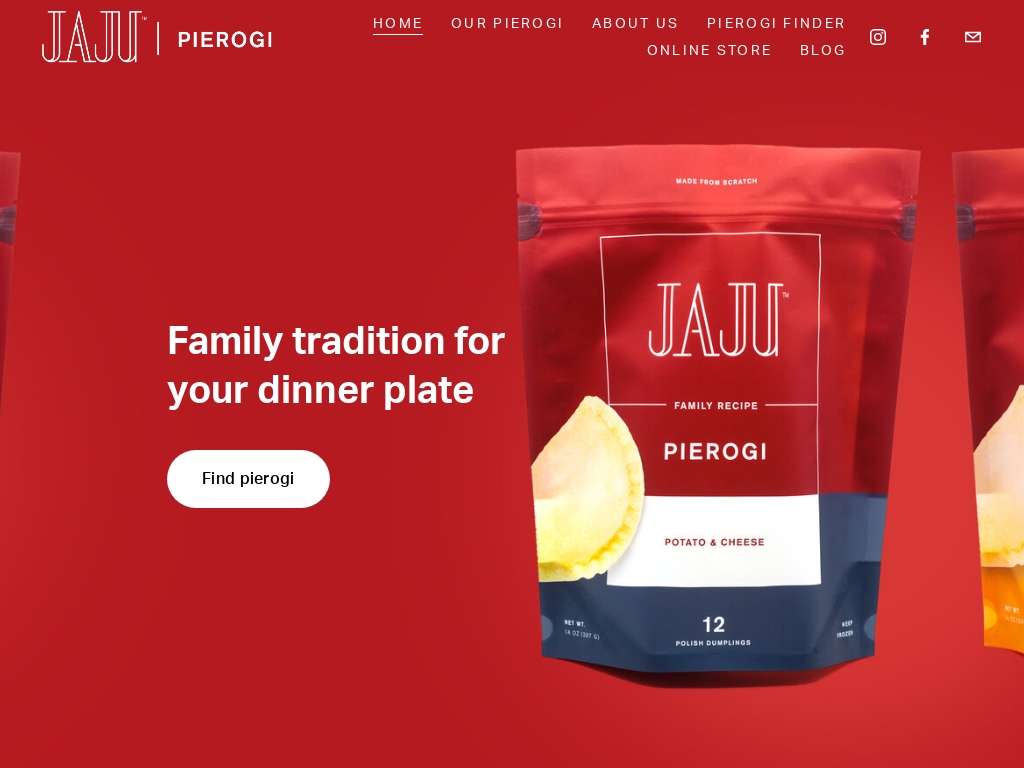

Jaju Pierogi started off as a side hustle at farmers' markets and festivals back in 2016, and as of August 2022, they are in multiple grocery chains and over 650 specialty independent stores with a monthly revenue hovering between $80,000-$100,000.




9. Kyra's Bake Shop, LLC ($768K/year)
After realizing the benefits of a gluten-free diet for her own health, Kyra decided to pursue her passion for baking and attended pastry school. She honed her skills and developed delicious gluten-free recipes, eventually starting her own bakery with a small investment of $62,000. Through strategic PR and saying yes to every opportunity, Kyra's Bake Shop gained a loyal following and continues to attract and retain customers, with an average monthly revenue of $120,000.
How much money it makes: $768K/year
How much did it cost to start: $62K
How many people on the team: 11
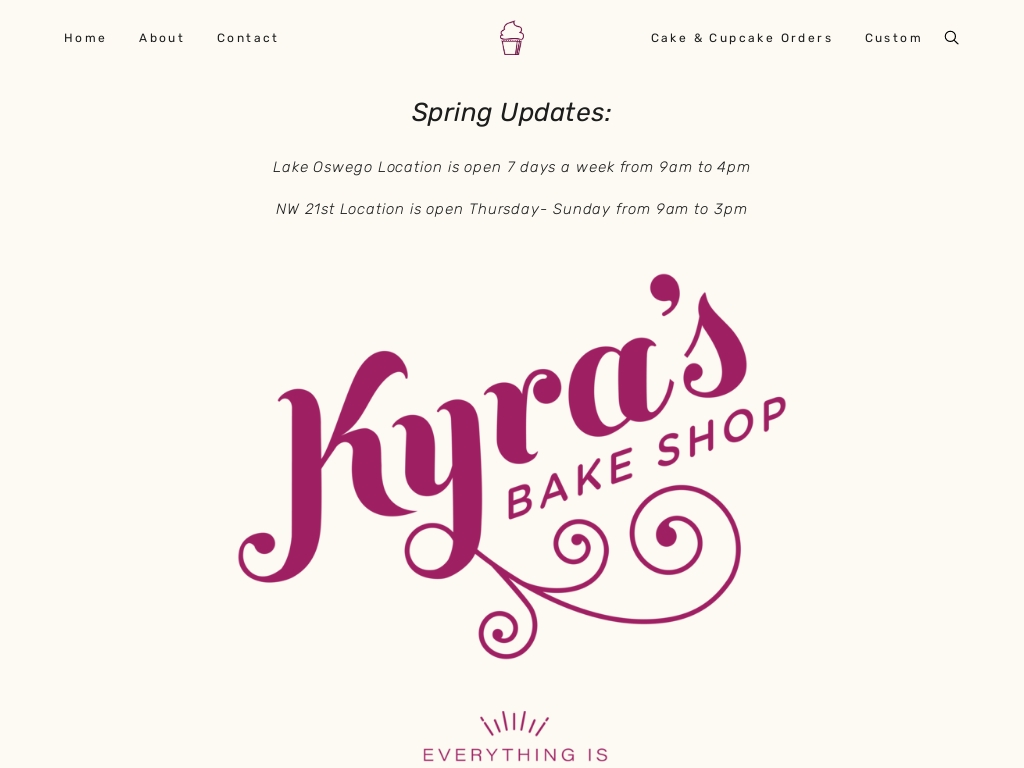

Gluten-free bakery, Kyra's Bake Shop, started with a home kitchen and has now grown to a 3,500 square foot flagship bakeshop/cafe and a second location, with a monthly average revenue of $120,000 from the flagship store, through prioritizing product quality and strategic thinking.




10. Portable Chef ($744K/year)
Uri Attia, founder of Portable Chef, came up with the idea for his business out of desperation after losing his banking job in the 2008 financial crisis. With a passion for cooking and understanding the demands of busy New Yorkers, Uri saw the opportunity to provide customizable, healthy meals for his clients. Today, Portable Chef generates an average monthly revenue of $60,000 by making 25,000 custom meals a year.
How much money it makes: $744K/year
How much did it cost to start: $0
How many people on the team: 3
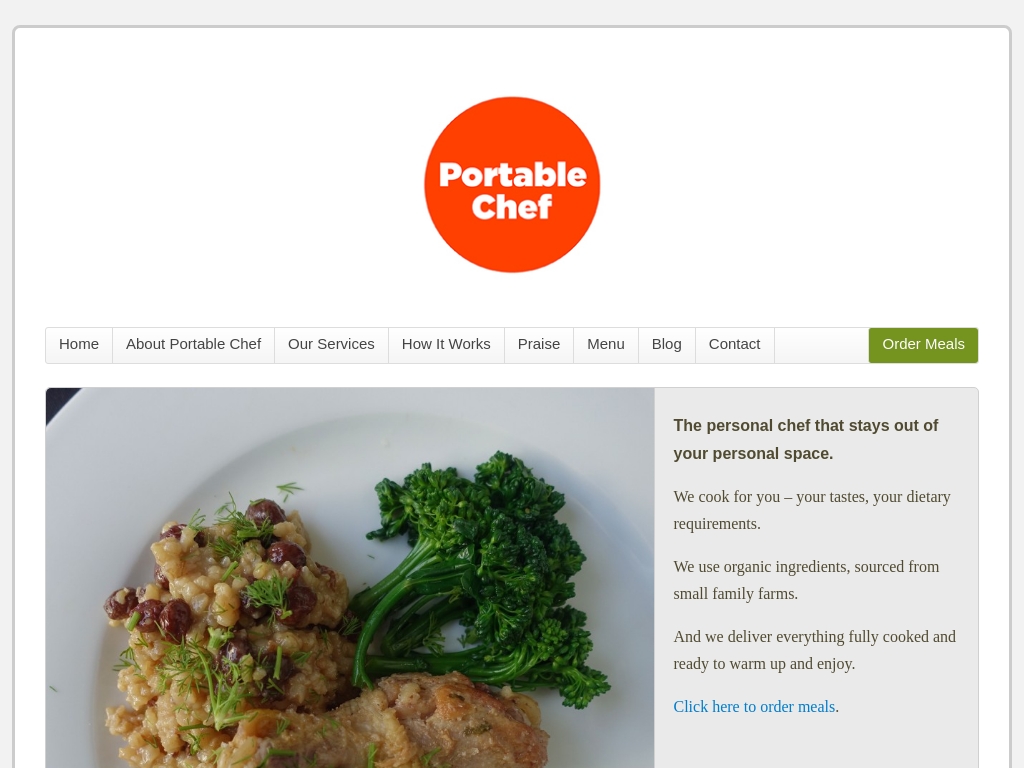

New York food business founder goes from broke and desperate to cooking 25,000 custom meals per year with an average monthly revenue of $60,000, focusing on pleasing existing customers and word of mouth for new clientele.




11. The House of Leaf & Bean Inc. ($360K/year)
After being diagnosed with Irritable Bowel Syndrome (IBS) and experiencing the transformative power of a healthy diet, Wen decided to launch House of Leaf & Bean, an organic restaurant and cafe. With a mission to make healthy living and healthy dieting accessible and affordable for everyone, Wen and her team started by experimenting with making fresh soymilk and tofu, and eventually expanded to offer a range of delicious organic plant-based dishes. The business has seen steady growth, with 80% of sales coming from drive-thru and in-store purchases, and plans are underway to establish an organic production facility and expand into wholesale and retail markets.
How much money it makes: $360K/year
How much did it cost to start: $500K
How many people on the team: 7
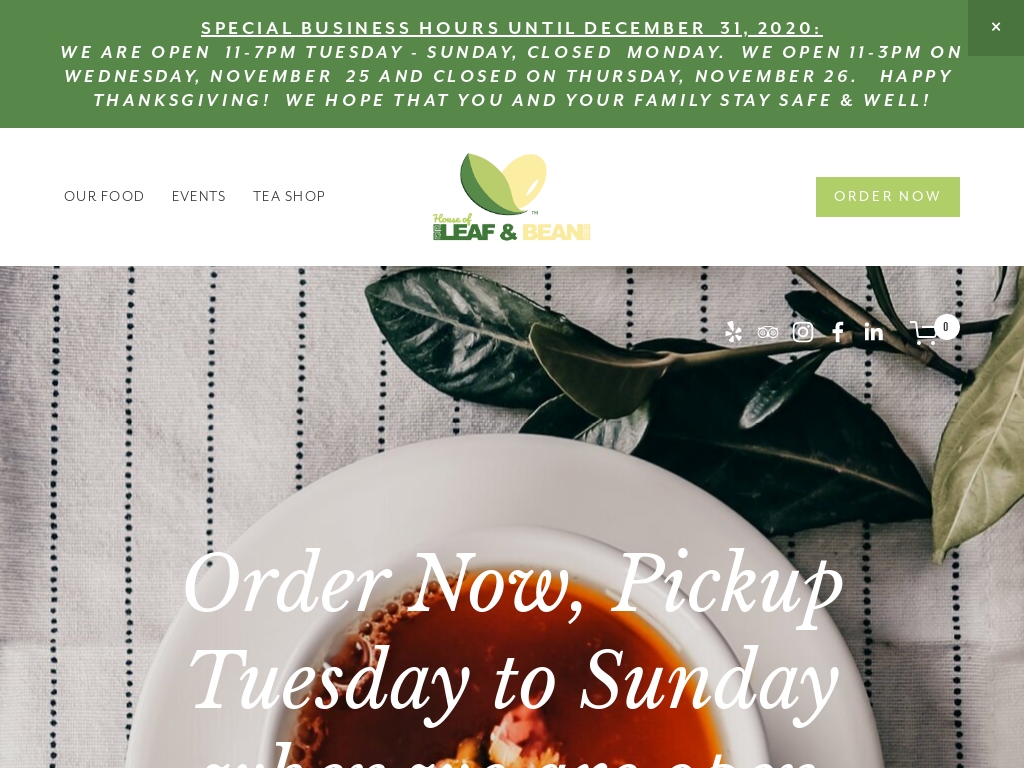

This case study follows the journey of Wen, the founder of House of Leaf & Bean, an organic restaurant and cafe, who left her corporate job due to her passion for healthy living and curing her Irritable Bowel Syndrome through lifestyle changes, and now serves fresh and organic meals to help patients reverse or improve their health conditions, with a goal to make healthy food and healthy living more affordable and accessible.




12. Bienville Bites Food Tour ($300K/year)
Chris Andrews, the founder of Bienville Bites Food Tour, grew up with a strong passion for Mobile's rich history and local cuisine. This fascination was constantly nurtured by his curiosity about historical sites and local eateries. The spark for his business ignited after a friend's captivating tale about a food tour in Savannah, Georgia, which seamlessly blended local history with culinary adventures.
The thought of Mobile's untapped potential gnawed at him, especially since the city had a combination of deep history and vibrant food culture. Determined to bring a similar experience to Mobile, Chris scoured the internet for insights on starting a food tour and stumbled upon a Chicago-based training program called Food Tour Pros. He flew to Chicago to take their course, gaining crucial knowledge on how to start and run a successful food tour.
Armed with newfound skills and an unwavering belief in his dream, Chris began crafting his food tour, actively seeking feedback during initial tours with friends and family. Despite initial anxiety and a few challenges like unpredictable weather, he remained undeterred. Chris's journey is a testament to the importance of pursuing your passion, validating your idea, and maintaining perseverance through the early phases of creating a business.
How much money it makes: $300K/year
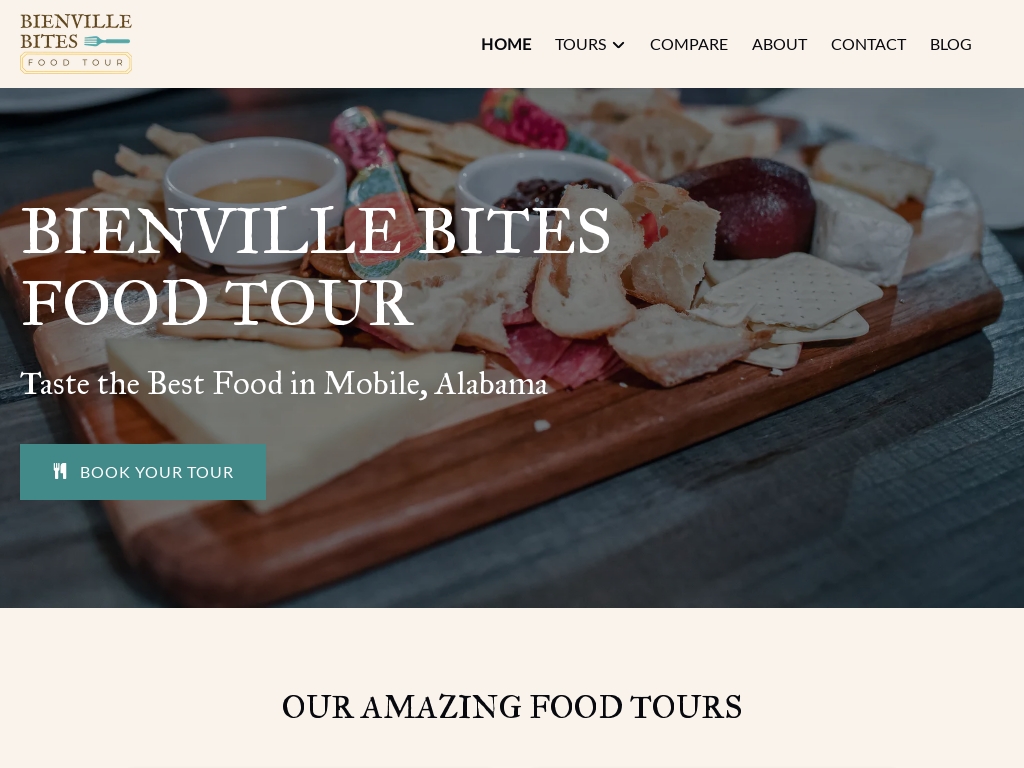

Discover how a former HVAC technician turned his passion for local history into Bienville Bites Food Tour, a thriving $300K/year business, leveraging $59-per-person tours, niche marketing strategies, and strong community partnerships.




13. ABS Protein Pancakes ($300K/year)
Ashley Drummonds, creator of ABS Protein Pancakes, came up with the idea while working as a personal trainer and wanting to provide a healthy and convenient meal option for her clients. After crafting her own protein pancake recipe, she began sharing it with her clients, who loved it and spread the word. With a passion for breakfast food and a desire to make a bigger impact, Ashley turned her recipe into a business, starting with taking orders manually and eventually finding a manufacturer to produce her product. Through social media marketing and a big boost from appearing on Shark Tank, ABS Protein Pancakes gained nationwide exposure and experienced significant sales growth. Ashley continues to attract customers through social media strategies, collaborations, and a focus on connection, story, and quality rather than seeing competition.
How much money it makes: $300K/year
How many people on the team: 1

ABS Protein Pancakes founder, Ashley Drummonds, tells the story behind the growth of her business from making her pancake recipe in her apartment kitchen to an appearance on the US TV show Shark Tank and how social media has played a crucial role in her marketing.




14. Peaceful Fruits ($180K/year)
After serving in the U.S. Peace Corps and realizing he wanted to start a sustainable business, Evan Delahanty decided to launch Peaceful Fruits. He identified a lack in premium fruit snacks, focused on creating a product with a strong backstory, and started prototyping and manufacturing the snacks using a small dehydrator and commercial kitchens. Through digital sales and a successful Kickstarter campaign, Peaceful Fruits experienced steady growth, culminating in an appearance on Shark Tank.
How much money it makes: $180K/year
How many people on the team: 4
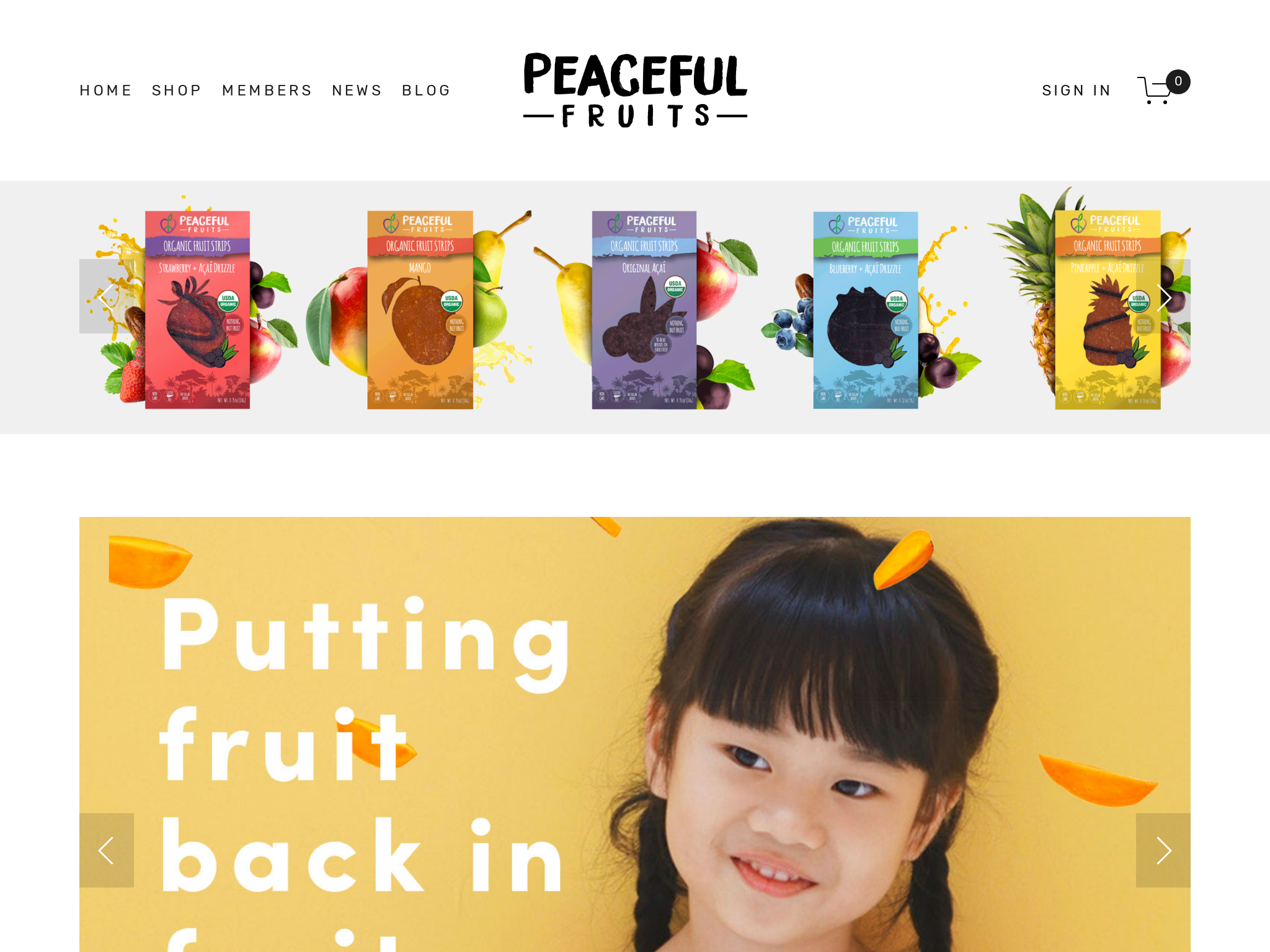

Peaceful Fruits, an award-winning for-profit social enterprise, sells organic, clean label, natural fruit snacks and has gone from $8,000 in sales in 2015 to $150,000 in 2017, employing 30 people with disabilities in their production facility and is an excellent example of a successful, mission-based business.




15. CandyCan ($180K/year)
Krik, the co-founder and CEO of Protes Protein Snacks, came up with the idea for his business when he was in college and realized there was a lack of satisfying protein snacks like chips on the market. After leaving his corporate finance job and spending months perfecting the recipe, Protes Protein Snacks became the world's first protein chip and now has its products in over 10,000 retail stores nationwide.
How much money it makes: $180K/year
How much did it cost to start: $100K
How many people on the team: 2


An entrepreneur started a protein snacks company which launched six years ago and now has its products in over 10,000 retailers nationwide, through getting rid of their early mistakes, and looking to e-commerce for future growth.




16. KÜiK Meal ($144K/year)
Enric Miquel, the founder of KÜiK Meal, came up with the idea for his business after his brother introduced him to a complete powdered food called Soylent during his stay in Silicon Valley. Realizing the lack of such products in Spain, Enric saw an opportunity to use his company's technology to develop a complete and balanced meal replacement. Since its launch, KÜiK Meal has served 14,000 meals across Spain, France, and Portugal, and has gained world champion runner Ragna Debats as an ambassador.
How much money it makes: $144K/year
How much did it cost to start: $15K
How many people on the team: 6
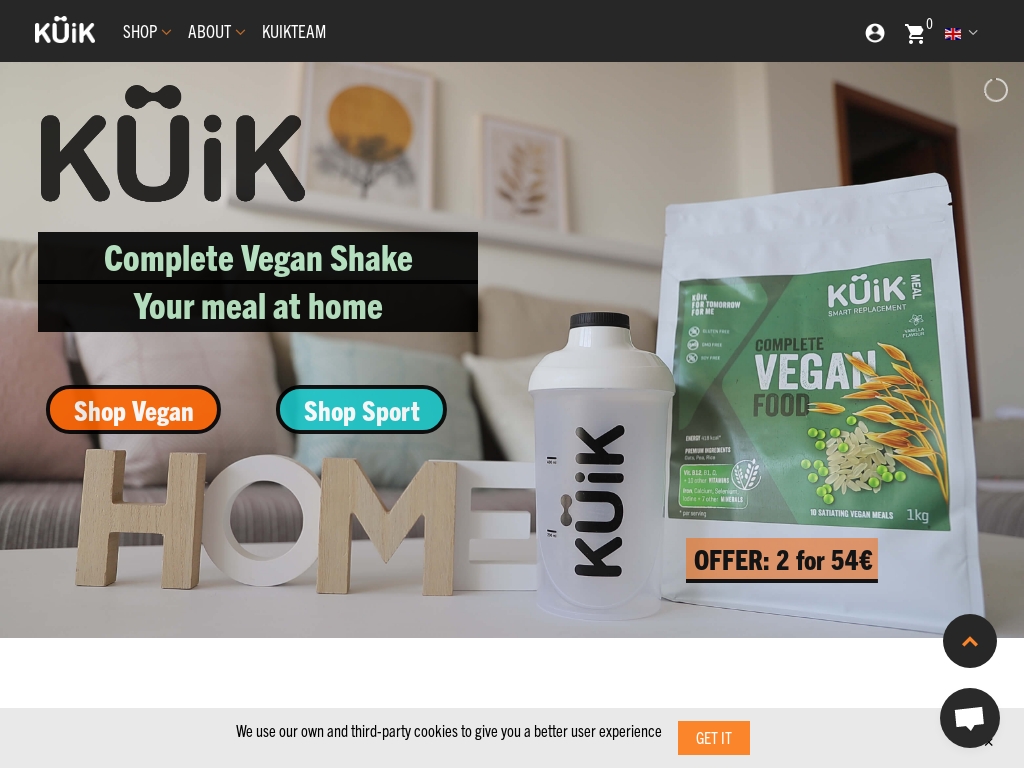

KUIK Meal, the sweet and savory complete food powder company, crowdfunded €5,000 in 5 weeks to secure production of the first 400 units and has since served 14,000 meals across Spain, France, and Portugal with a 36% growth in revenue from the last 6 months of 2018 to the first 6 months of 2019.




17. Chandler Honey ($120K/year)
Tique Chandler, the founder of Chandler Honey, came up with the idea for her infused honey brand by leveraging her knowledge of beekeeping and her desire to make honey more exciting. She created interesting flavors and used bright branding to differentiate her product. In under two years, Chandler Honey is now in 150+ stores in Canada and continues to grow.
How much money it makes: $120K/year
How much did it cost to start: $50K
How many people on the team: 1
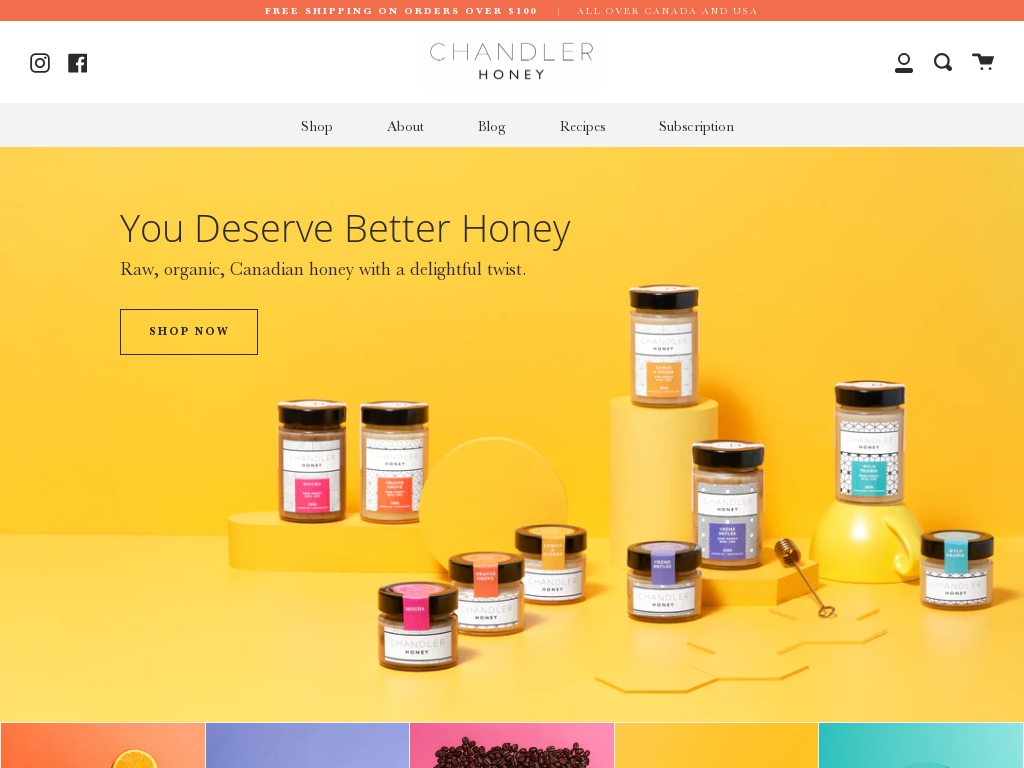

Chandler Honey is a Canadian organic honey brand with unique flavors, founded by Tique Chandler. With only 2 years since incorporation, the brand is now in 150+ stores in Canada and brings in $10k revenue monthly.




18. EatTiamo ($120K/year)
Nicholas Figoli and his business partner Francesco Pelosi came up with the idea for EatTiamo while they were living abroad in Paris and missing the taste of authentic Italian cuisine. They noticed the lack of affordable and easily accessible Italian products in the market, especially in the US where the demand for Italian food is high. This led them to launch EatTiamo, the first subscription food box service that brings the best of Italian food directly to American families.
How much money it makes: $120K/year
How many people on the team: 5
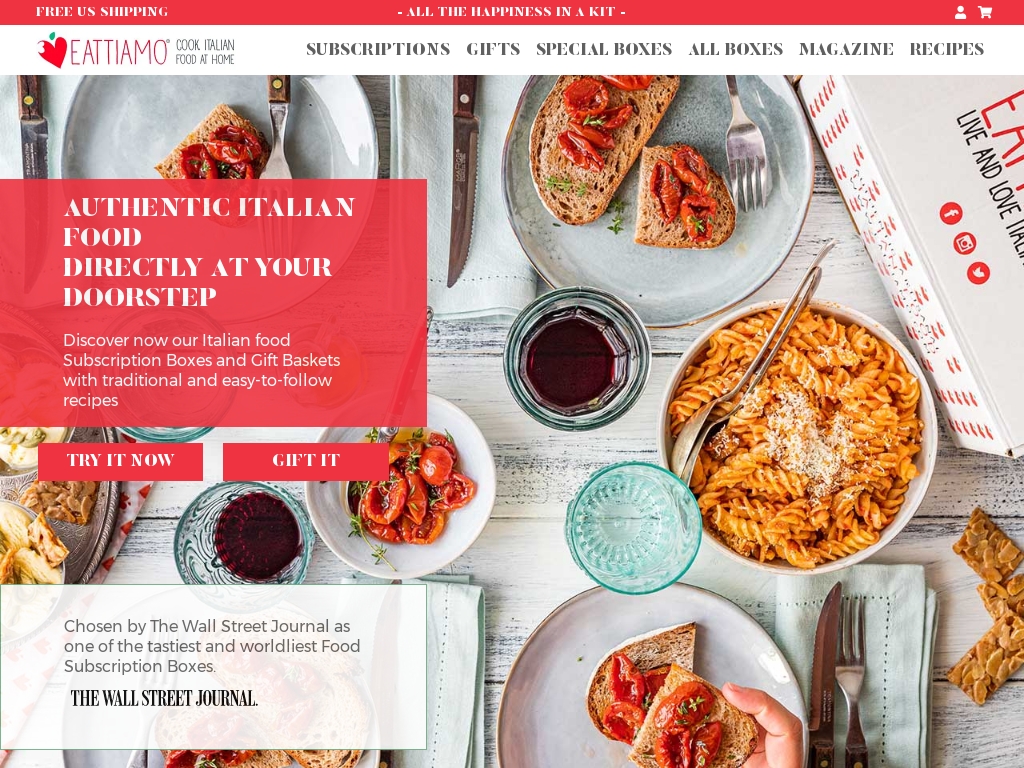

Italian food subscription box service, EatTiamo, delivers monthly boxes of carefully selected Italian delicacies to 300 American families across the US, with the aim of reaching a break-even point of 1,000 boxes per month by 2020.




19. Golden Root ($48K/year)
A Phlebotomist by profession, Andrea quit her job to work in many food startups, and her experience in the farm lit a fire in her to provide healthy food to people.
How much money it makes: $48K/year
How many people on the team: 0
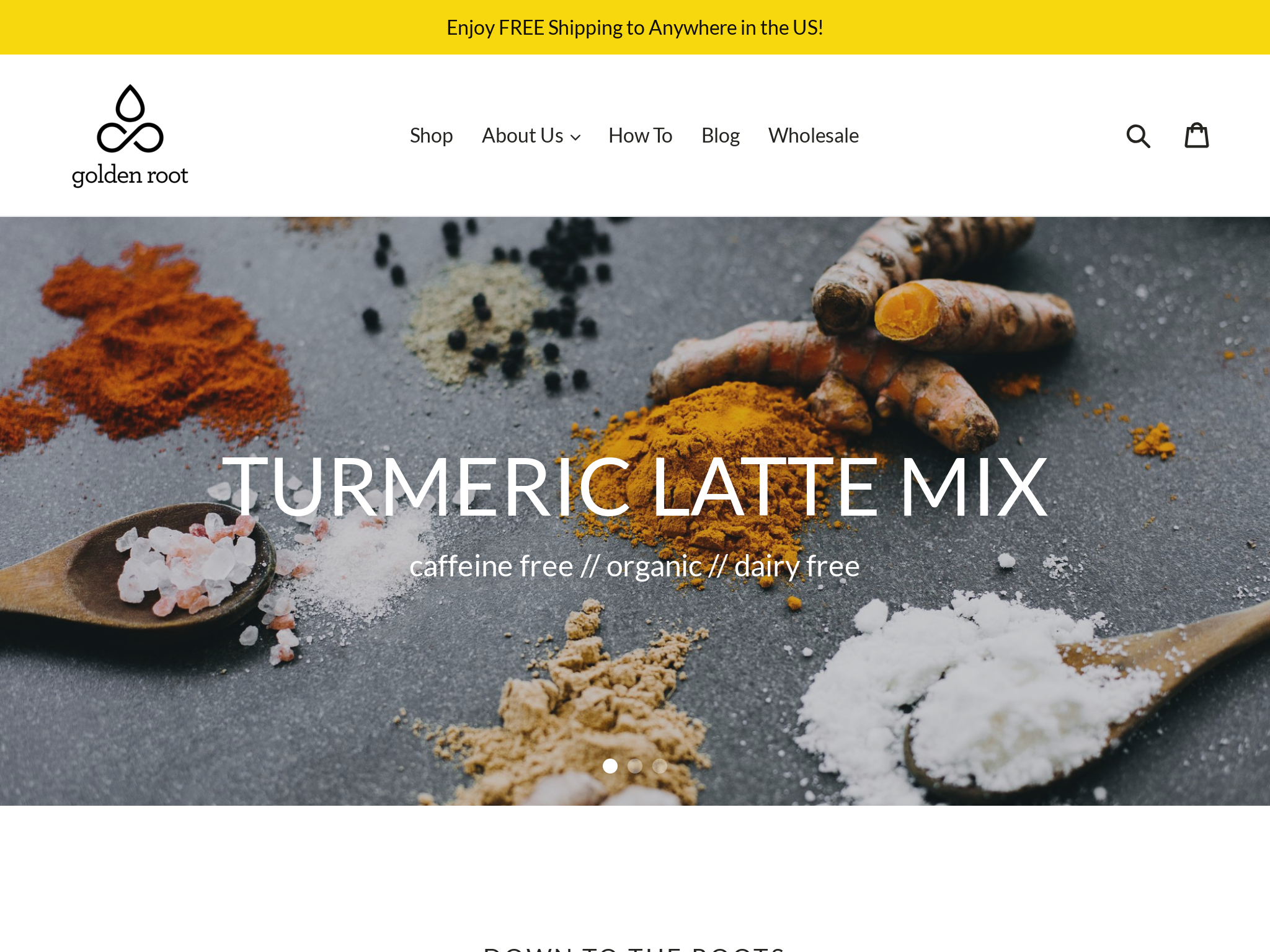

Denver-based founder Andrea Slinde built her own organic food start-up, Golden Root, which sells trendy Turmeric Latte Mix online and now in 50 coffee shops nationwide, with an average monthly revenue of $4K, a long term objective of expanding into traditional grocery sales, and uses Shopify, Recharge, Mailchimp, Shipstation, and QuickBooks to manage e-commerce and finances.




20. janori ($36K/year)
Raphael and Johanna Spannocchi founded janori after realizing the flaws in the current food distribution system. They wanted to create a platform that connected customers directly with local food producers, allowing them to support small businesses and enjoy delicious, organic products. After launching in November 2020, their best-seller was the Christmas box, containing chocolates, sugared almonds, and more.
How much money it makes: $36K/year
How much did it cost to start: $10K
How many people on the team: 0
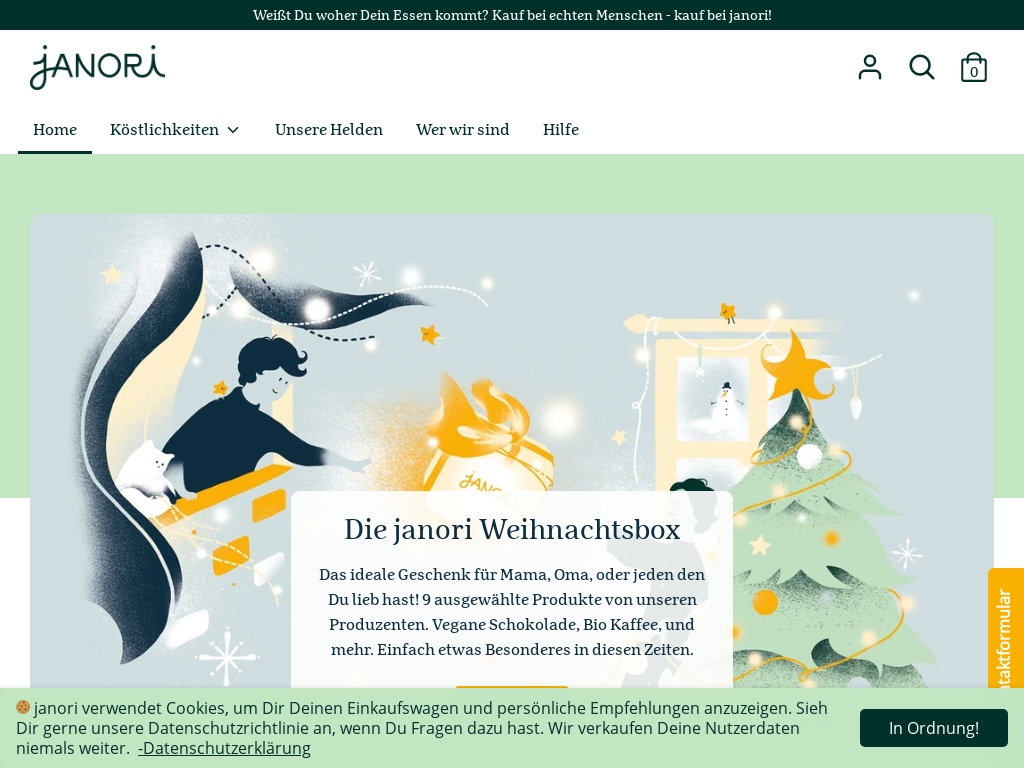

Janori, an online store founded by Raphael and Johanna Spannocchi, sells local, organic food and offers monthly food boxes with 80+ products from 14 vendors, with its best-seller being the Christmas box, and aims to create a circle of support for suppliers by focusing on the people and creating compelling content.




21. Trini Pepper Sauce ($27K/year)
Mustafa Mannan, co-founder of Trini Pepper Sauce, came up with the idea after his family's pepper sauce recipe from Trinidad and Tobago received much praise from friends in North Carolina. To bring the sauce to a wider audience, Mustafa launched a successful Kickstarter campaign that raised over $32,000, enabling them to import the peppers, manufacture the first batch, and distribute the sauce domestically and internationally.
How much money it makes: $27K/year
How many people on the team: 3
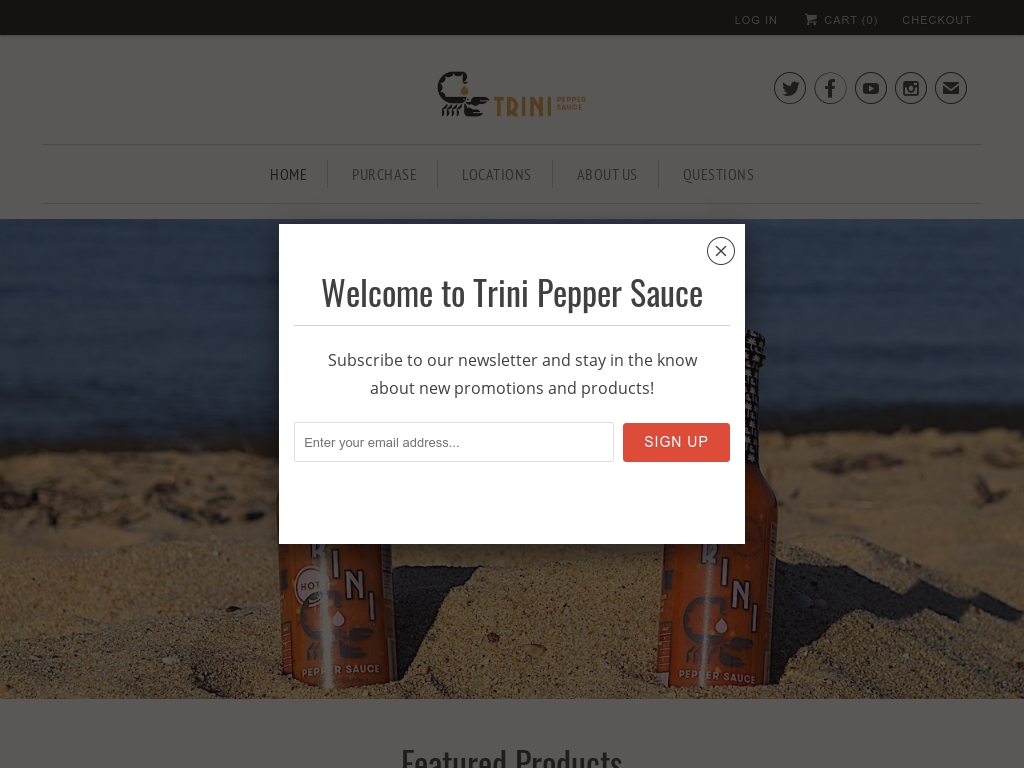

Trini Pepper Sauce co-founder and co-owner, Mustafa Mannan, shares how he successfully imported and manufactured his family's unique pepper sauce recipe and launched it through a Kickstarter campaign, now selling an average of $3,000/month in revenue.




22. Karachi Kitchen ($24K/year)
Sadaf, the co-founder and designer behind Karachi Kitchen Foods, started the business with her mother, a long-time chef and culinary instructor. They launched their business after collaborating on a self-published cookbook, which won a Gourmand Award. Despite facing setbacks due to Covid and learning about federal and state regulations, they have seen sales more than double since launching their online store.
How much money it makes: $24K/year
How much did it cost to start: $5K
How many people on the team: 0
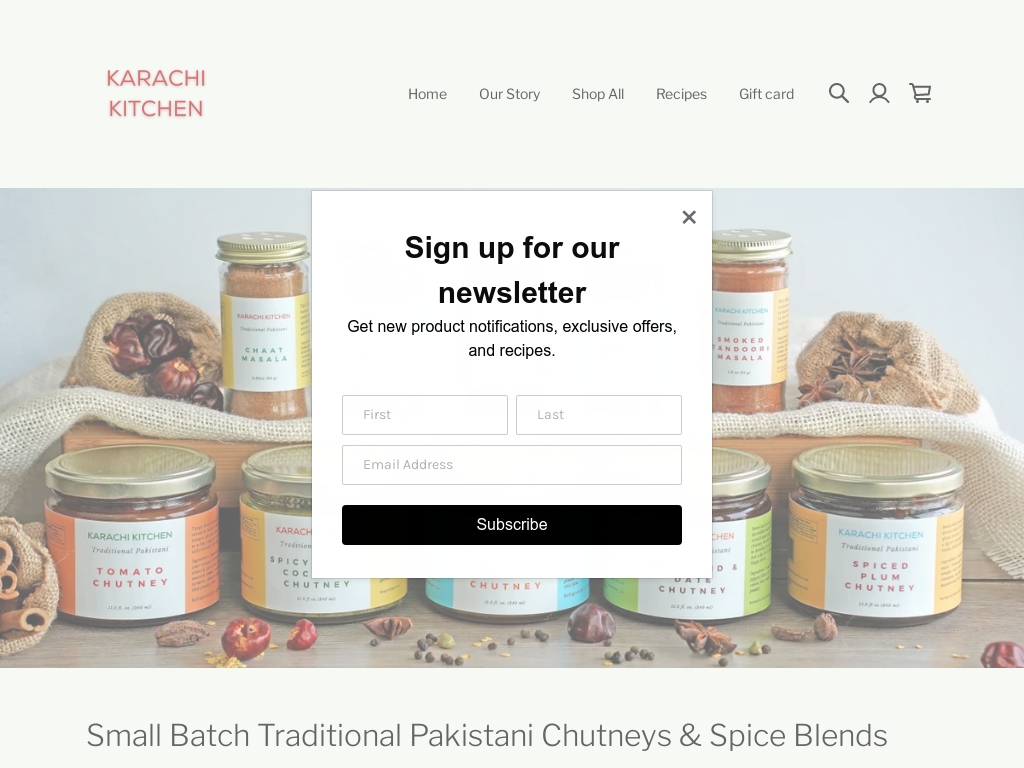

Karachi Kitchen Foods saw over 200% growth in sales in the past year, offering seven different chutneys and spices, and plans to launch an online subscription box and publish recipes on their website in coming months.















